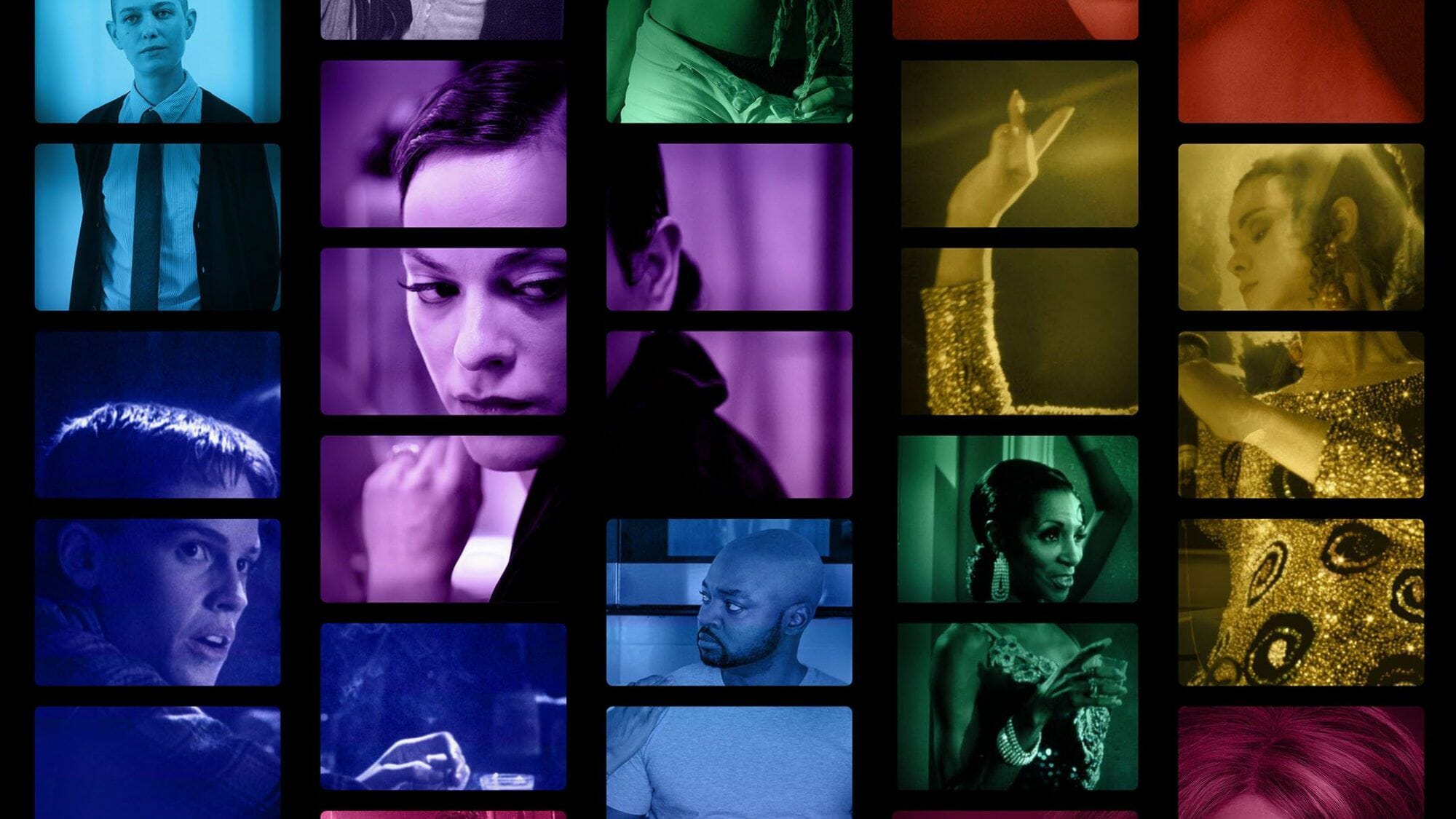The Kenya Film Classification Board (KFCB) CEO, Christopher Wambua said in a statement on Friday 23rd September that same-sex films and movies are prohibited in the Kenyan Constitution; therefore, the board will continue its crackdown on such content in the mainstream media.

“The country’s laws do not allow LGBTQ+ content or even relationships. Even as we rate and classify content, we also consider other applicable laws,” Wambua said.
He indicated that talks are in place with streaming giants such as Netflix to ensure that this content is regulated within the country.
“Because of our discussions with Netflix, they are curating their classification system that is very aligned with our laws to ensure that in future, once we sign the agreement, some of this content is not visible within the republic,” Wambua added.

Netflix has come under fire numerous times for the amount of LGBTQ scenes that have within their content – even in content intended for children – implying that the streaming company could be trying to push an agenda.
The Gulf Cooperation Council – which comprises Saudi Arabia, United Arab Emirates (UAE), Bahrain, Kuwait, Oman, and Qatar – asked the streaming giant to remove “offensive content” from their platform in early September. In a statement, the nations said some unspecified shows “contradict Islamic and societal values and principles.”
In Egypt, their media regulator also demanded that Netflix and other steaming services adhere to the county’s “societal values”, referring to programs featuring members of the LGBTQ community.
Inclusion has become a major factor in the American Movie Awards space, with Lesbian, Gay Bisexual, Transgender and Queer [LGBTQ] persons being considered a minority. This, coupled with the big financial backing behind LGBTQ productions could be one of the reasons why Netflix is paving the way for LGBTQ+ representation on global streaming platforms.

This is not the first time Kenya has censured the gay agenda. I Am Samuel, a documentary that depicts a romantic relationship between two men living in Nairobi was banned by the KFCB in September 2021 for “promoting same-sex marriage as an acceptable way of life”. Filmmaker Murimi told US based magazine Advocate that, “this is a divisive issue — not everybody’s in the same place. My significant concern is the censorship of the film. To stop a dialogue from happening, is bad. In this sense, it’s treating some Kenyans as equal, like some are more equal than others, and that is wrong.”

Rafiki, a movie about the relationship between two young Kenyan women who are full of life, joy and wonder, directed by Wanuri Kahiu was also banned in April 2018. “Rafiki contains homosexual scenes that are against the law, the culture and moral values of the Kenyan people,” the then Kenya Film Classification Board’s CEO, Ezekiel Mutua said in a statement in April 2020. “The film seeks to overtly promote lesbianism.” Wanuri, took the matter to court, but the KFCB’s ban was upheld. To give the movie an opportunity for Oscar-consideration, however, the court put in an injunction to allow Rafiki to screen for one-week. One of the requirements for an Oscar nomination is that a film airs in its home country for at least 7-days.
CLICK HERE to view a list of all Nominations and Awards Rafiki has received globally.

